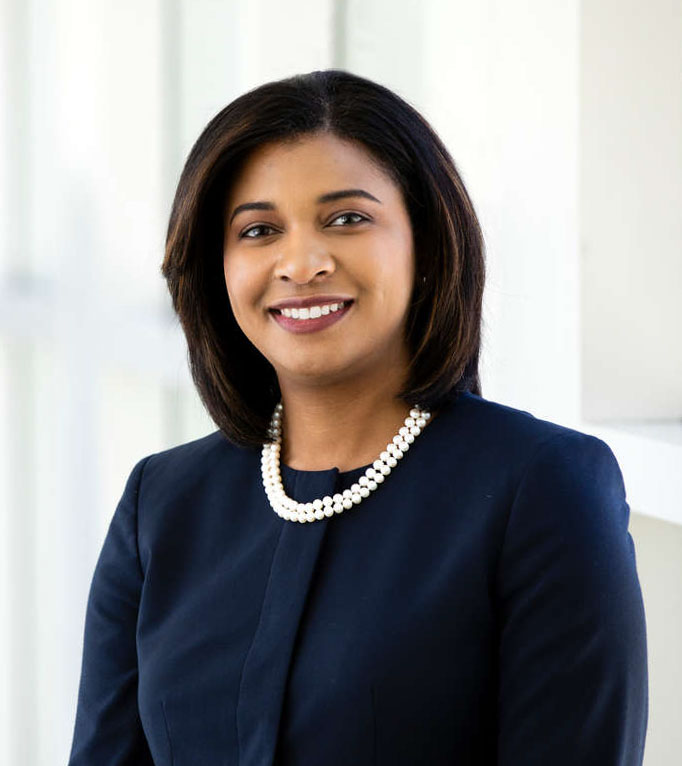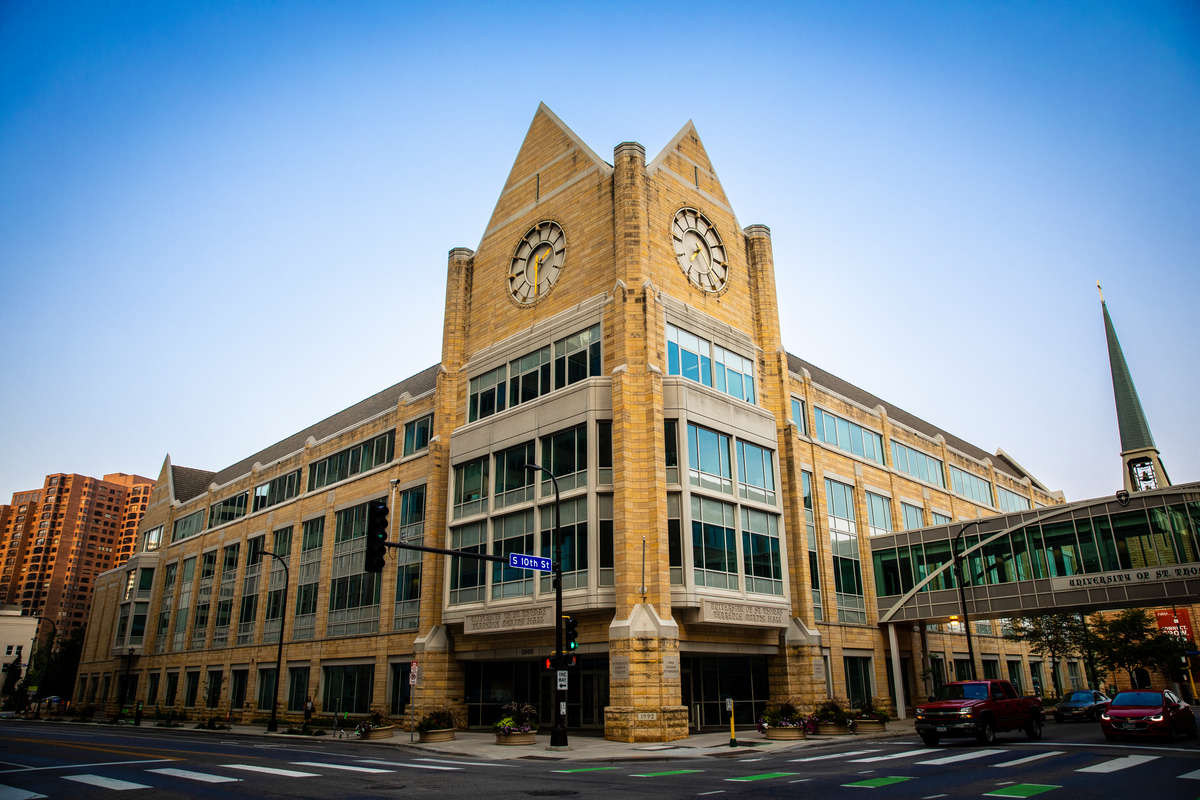The National Urban Alliance for Effective Education (NUA) and the University of St. Thomas are teaming up for a three-day Summer Institute focused on training K-12 educators to help every child reach their potential. The virtual event kicks off Tuesday, June 23, with a welcome from President Julie Sullivan, Minnesota Commissioner of Education Mary Cathryn Ricker ’91 and NUA President and Founder Eric Cooper.
Attendees will hear from nationally and internationally known voices in the world of education, including Linda Darling-Hammond, Gloria Ladson-Billings, Yvette Jackson and Rev Hillstrom. They’ll also take part in activities and learn strategies to motivate and engage learners; explore the principles of neuroscience that help enhance student learning, and collaborate with team members to apply what they’ve learned to their teaching situation.
Before coming to St. Thomas, School of Education Dean Kathlene Holmes Campbell was a consultant for the National Urban Alliance. The NUA’s work is based on

School of Education Dean Kathlene Holmes Campbell
research examining cognitive neuroscience and culturally responsive pedagogy. Campbell said the ways in which NUA trains its educators is unlike any other professional development she’s experienced.
“It was much more in depth and intentional than anything I’d ever seen before,” Campbell said. “When they were talking about having a Summer Institute, I said I wanted to connect with NUA because the work they do is so impactful.”
The Summer Institute is designed to amplify the belief in the potential of every student to achieve and to support educators to inspire students and teach them effectively.
“A foundational principal of the NUA is the belief that all children can learn, and all children have an unearthed amount of potential,” Campbell said. “That's the first thing teachers have to keep in mind. Too many times biases come into play and we forget every single child has the capacity to learn and every single child has strengths. But how do you use those strengths to support them in areas where they may not be as strong? This is a question all educators must constantly ask themselves.
“Secondly, it’s about how you activate student voice in order to get students to engage,” she continued. “A lot of students aren't engaged right now because they never felt like they were part of school in the first place. If we want to engage kids and make learning more interesting, relevant and fun, then we must rethink how we are teaching and ask ourselves questions such as, ‘Am I talking at students the whole time? Am I letting students be creative? Am I thinking outside the box and encouraging students to utilize 21st-century skills?’”
Campbell, who will speak on the topic of “Becoming More Just: Opportunities to Reimagine Education in Uncertain Times,” said holding the Summer Institute with the NUA is a testament to St. Thomas’ commitment to equity work.
“It shows we understand that equity and excellence go hand in hand,” she said. “It’s something that I spend a lot of time explaining. You get to excellence for all students academically through equity. It is so important for all kids to see themselves in the curriculum and feel that the lived experiences of others are honored. Diversity, equity and inclusion should be embedded in everything we do. It supports the principles of the School of Education, and we're actively modeling what we believe.”







